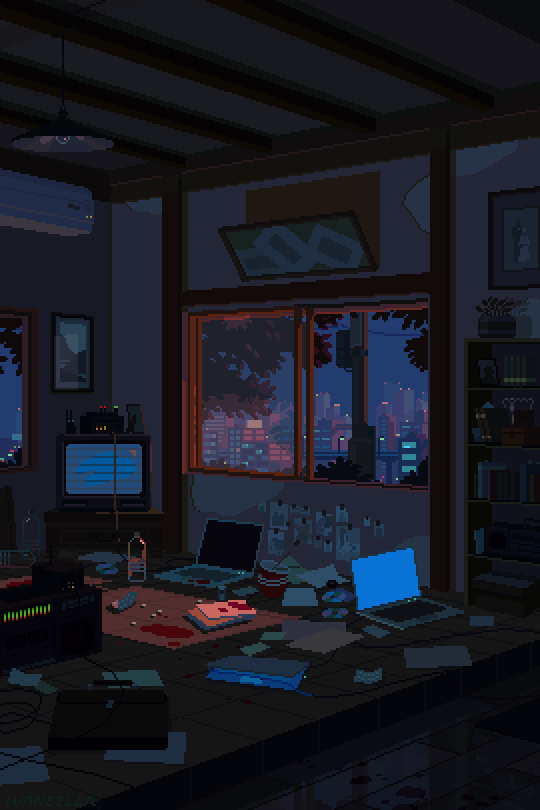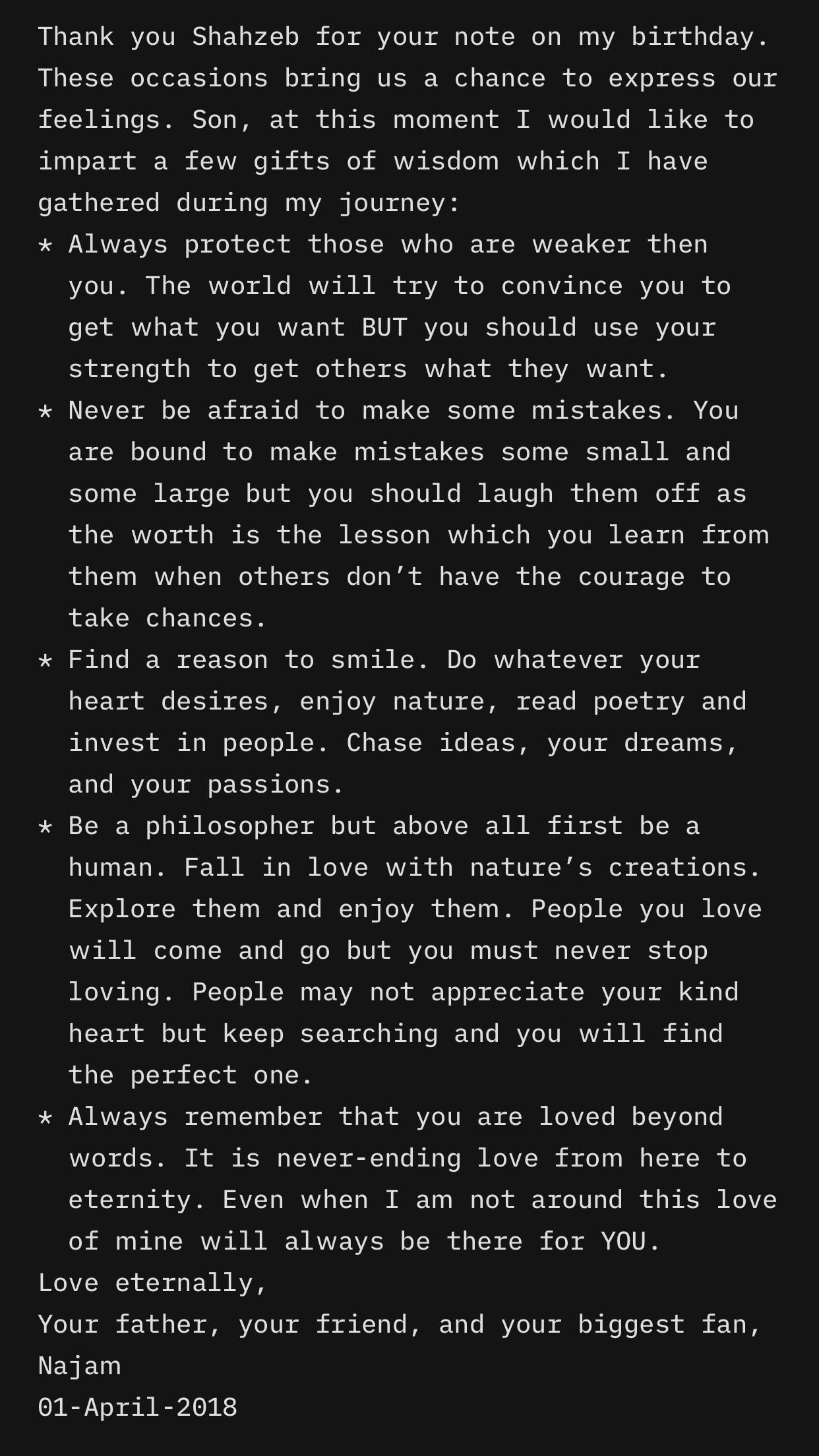Think, in this batter’d Caravanserai
Whose Doorways are alternate Night and Day,
How Sultán after Sultán with his Pomp
Abode his Hour or two, and went his way.
Omar Khayyám, The Rubaiyat of Omar Khayyám
ONCE upon a time, there was a great empire. The empire was so vast that its ends were shrouded in mystery and barbarian lands clung to its edges like rotting vestiges. Sometimes, a few armed bands would venture near the borders — like unruly children — craving acknowledgement. But for the most part, the empire lived in peace and harmony.
Now, there was a righteous king who ruled this land and one day he decreed that a great road was to be built from one end of the empire to the other. Since the land was as wealthy as it was large, this presented no great fiscal challenge, merely a logistical one. Soon, the dedicated — though rusty — bureaucracy creaked into action and, reluctantly, the first stones were laid.
Many moons waxed and waned before the final stones were — equally reluctantly — placed, but the job was done and the great black road stood resplendent as a testament to the magnificence of the empire.
The king, however, saw that though the road had made trade infinitely easier, there was still one problem left to tackle. The poorer merchants couldn’t afford to travel, not because the road was taxed but because the cost of the journey included food and lodging. The king was a good man and so he decided that the funds of the state would be best applied to easing the difficulties of his subjects, in the hopes that they would adore him, instead of merely being indifferent. Consequently, the first inns were constructed; a hard day’s journey from each other by the side of that great road.
Now, finally, the bureaucrats had done something truly marvellous. These inns, or caravanserais, were nothing like the crowded, claustrophobic cities that dotted the landscape, rife with crime. No, these were small and warm and safe, filled with the promise of good food, good wine and a soft bed under the stars.
As evening approached and the ancient fires of the sun cooled, the weary traveller would see the caravanserai beckon to him, like a gentle mistress, whispering of sleep and sustenance. And as he lay down, gazing up at the stars, he would ponder on the swirl of milk spilled by a divine hand, carving a path across the night sky. Did he look at that far, far older road and wonder where it began, where it led and who had traversed its many paths, planets and mysteries? Or did his weary eyes wander, just before sleep overtook them, to the far end of the caravanserai and the battered doorway of Tomorrow?

